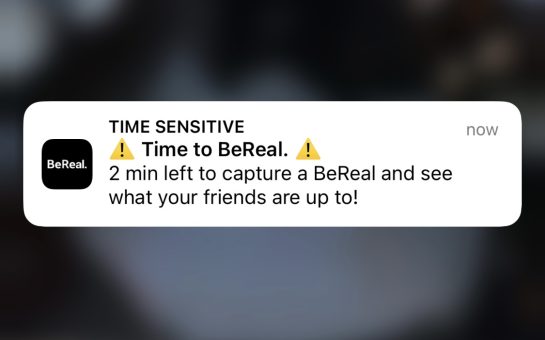For years, the ongoing debate surrounding social media has been both positive and negative.
The Social Dilemma on Netflix raises concerns to social media users, with former tech executives and developers labelling us as the “products”.
Directed by Jeff Orlowski, the 90 minute documentary was released on September 9, and features statements, warnings, and advice from experts who have previously worked for well-known companies.
Shockingly, the new film explores the danger of social networking and it comes after these experts admit to becoming a victim of their own creations.
They have built a world in which online connection is a priority to viewers across the globe.
Big tech organisations such as Google, Facebook, and many others provide their consumers with tailored information as a way of manipulating what is recommended to us.
The team of engineers who built a foundation for a powerful online world are now hoping to retract the damage they have caused.
Social media has its goals, it just so happens that it pursues those goals by using your psychology against you.
Evidently, it can have a detrimental negative impact on our lives.
The film opens your eyes to the reality behind social media and what data they can collect from the devices that we hold in the tip of our hands.
Although it can be an effective tool, it can cause extreme harm to people’s mental health.

What do we learn from this thrilling and informative documentary?
- The Social Dilemma provides a detailed account of the truth behind the structure and technology of the social engines we use
- The tech industry is built in a way which shapes our politics, giving us subliminal cues in order to influence our actions
- We are completely clueless and unaware of the fake news we are exposed to on social media. It convinces vulnerable people that everything we see online is the truth (e.g. conspiracy theories)
- The industry online is a business model which sells their users. Advertisers are paying for the products we use, so our attention is essentially the product being sold to advertisers. Instagram, Google, Facebook, Whatsapp are all keeping us engaged and competing for our attention all the time
- Everything we do online is being watched and recorded, including the number of seconds we stop to look at an image, in order to make assumptions about the way we feel.
- This data is fed into systems which create and design models to make better predictions about what to show us next. Their main goals are to keep us scrolling, keep us coming back, and simultaneously, keep making money from advertising.
- It is powered by specific algorithms which figures out exactly what we like.
- Notifications are what causes these addictions, even something simple as receiving emails.
- The software and computers are making profit from our activities by aiming to psychologically manipulate us as fast they can
- The team of engineers want to keep us engaged so that we look at more ads so they can make more money
- The link between mental health and isolation is associated with our social use. Social media triggers an unreal sense of perfection for the younger generation as they compare themselves to unrealistic standards of beauty.
- It informs and educates us about the increase of suicide rates. The self-harm patterns also point to the advances in social media
- There are rules and regulations for the kind of advertisements shown on children’s TV, but no protections for what children watch on YouTube.
Ex-employees are now pleading us to reverse this cycle:
- Turn off your notifications
- Uninstall apps that waste your time
- Don’t accept recommended videos on Youtube, always choose and search it up yourself
- Don’t search on Google- use software such as Quant which doesn’t store your searches
- Fact check before you share, consider the source and do the extra research.
- Follow people you don’t agree with so you can be exposed to people with different viewpoints
- Do not let your children use social media until they are older and work out a time budget for how long they spend on devices
- Have conversations in person rather than online
- Find a hobby
- Delete your accounts so you are free from manipulation engines; get out of the system
For more information, visit their website on https://www.thesocialdilemma.com/
“Social Media” by MySign AG is licensed under CC BY 2.0
“Automotive Social Media Marketing” by socialautomotive is licensed under CC BY 2.0



